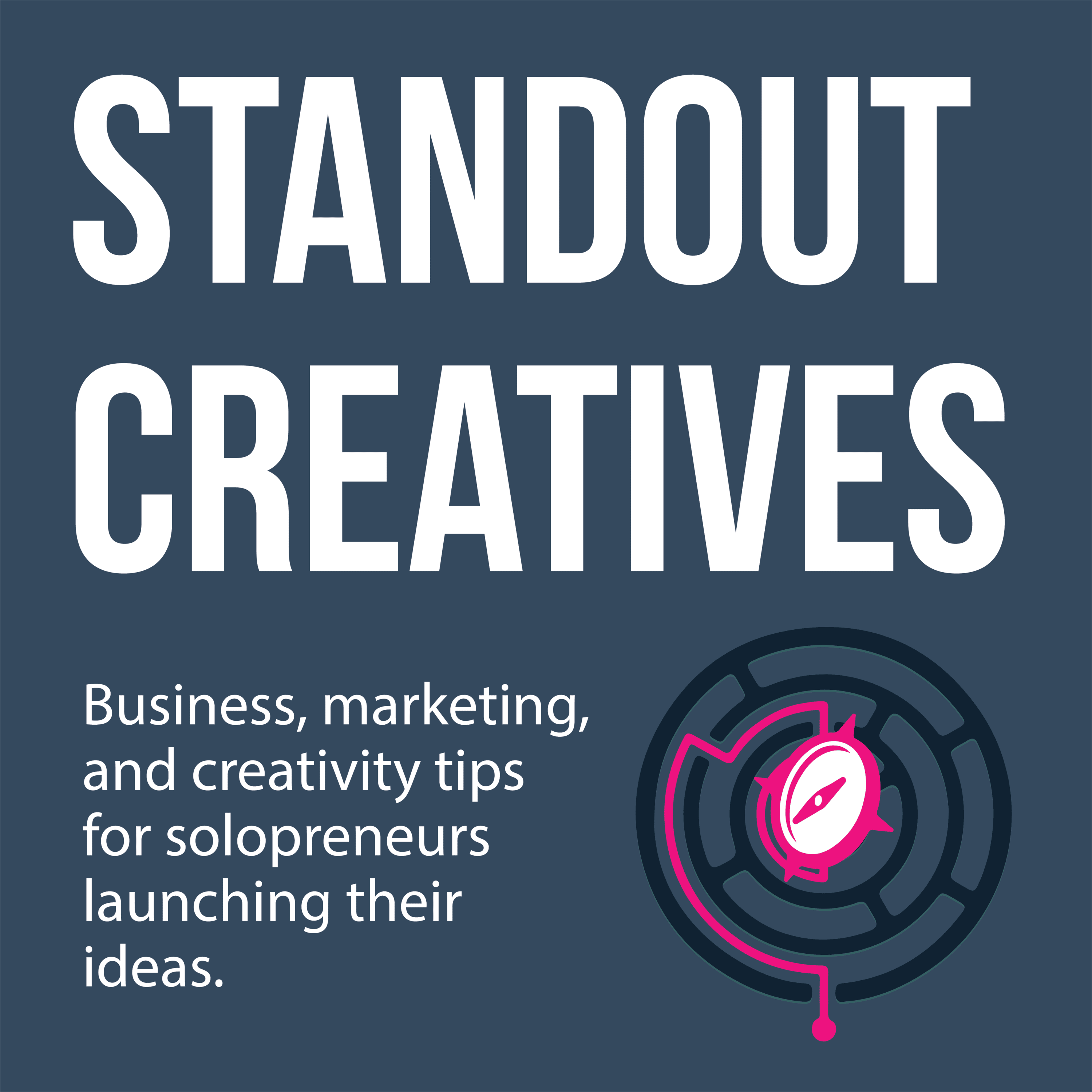85: Ron Dawson on the Power of Stories, Putting in the Work, Learning on the Fly
Ron Dawson‘s earliest experience with film came through a time traveling caper film he created when he was a kid. Unfortunately, like many creatives, “real life” aspirations took over.
Instead of following his passion for film, he followed his interest in business. Ron’s first endeavor in business was attempting to buy and sell businesses with his cousin. Although this idea did not work out, it gave him a taste of the business world.
After failing to launch his business buying venture, and graduating with a business degree from UC Berkley, Ron got a job at Screen Play Systems. After some time there, he later moved up to become a business manager at Intuit.
While working for these different businesses, Ron was also working as a wedding videographer on the side. This was a pivotal crossroads for him. He could either continue with his six-figure salary, or he could venture out on his own. Instead of continuing to work at a high paying job he didn’t love, he chose to do a job he did love, making films.
In this episode Ron talks about the power of storytelling, putting in the work, and learning on the fly among many other things.
Here are three things you can learn from Ron:
Tell Stories with Your Work One of the things that sets artists apart is their ability to tell a great story. Stories give your work meaning. They impact your audience in a way that your work can’t do on its own.
Ron believes his ability to tell a story set his work apart from other wedding videographers. Instead of just documenting the wedding, he got to the emotional truth of the moment.
“There is a documented truth in the images that you capture because this is what happened on that day, but I would argue that it’s not an emotional truth of what happened, but then you take those same emotions… and you kind of reduce them down to their core essence and you edit it in a way that flows like a story… and instead of an entire 60 minute Catholic ceremony… you just have the poignant parts of it and all those kinds of things that punch the emotion and you show that in such a way that anyone who watches it will be moved… then that has a more ringing of emotional truth.”
The ability to tell a good story allows you to connect with anyone, even if they aren’t naturally connected to what’s happening on camera. Ron realized that anyone can document an event, but not everyone can tell a story that makes an impact.
“The emotional truth of the day is that this is a day that moved people to tears or to laughter or to whatnot, and the best way to capture that and instill that in people who are not that emotionally connected naturally is through storytelling and music and the kind of things that filmmakers have used for a hundred years in order to tell stories.”
Being able to tell a story through your art makes a huge difference. It allows you to connect directly to the moment.
“It makes a huge difference the way that you deliver and tell a story in terms of being able to communicate a message or like I said, an emotional truth.”
Put in the Work Before You Think You’re Ready I’ve talked a lot about how the perfect moment does not exist. It’s a lie we tell ourselves so we don’t have to put in the effort. But you will never get anywhere if you continue to wait for the perfect moment. You just have to walk through that open door when the opportunity presents itself.
“As you do projects like that, ideas come up and the industry evolves, opportunities and doors are opened, and so it’s about doing that kind of stuff, and being mindful of the doors that open, and walking through them when you have the opportunity to do so.”
Don’t wait until you have the right amount of money or equipment for the job. There is no right formula. The perfect moment doesn’t exist. Get started where you are with what you have.
“I think a lot of creatives want to wait… until they have all the money that they need or they want to wait until they have all the equipment that hey need. They’re always waiting for just the right time or just the right formula and you can’t wait. You just have to start working on it.”
The best way to make progress with your business is by building momentum and learning by doing. Don’t make excuses. Just do the work.
“You need to actually get the momentum and start doing the thing you want to do, and then start learning along the way. But it’s the momentum of doing it, because you can always find excuses as to why you can’t or shouldn’t.”
Learn and Do We’re all guilty of placing blame for why we haven’t found success as artists. One excuse we like to use is saying we don’t know enough. “I don’t know how to do that” is a phrase commonly heard among artists.
The only way to learn is by doing. You have to put yourself out there. Like Ron says, if you want to be a filmmaker, start making films.
“Always be learning anyway, but going back to that Pressfield quote about putting your ass where your heart wants to be, go out and start doing it. If you want to be a filmmaker, start shooting, start making films. This is going to be the number one piece of advice any filmmaker is going to tell you… if you want to be a filmmaker, start making films.”
I know everyone wants to be prepared before they get started. But you can’t prepare for everything. There are some things you can only learn by doing. You have to learn as you go.
“Start making something and learning how to make it and kind of learn as you go. Don’t feel like you have to learn everything at once.”
The point is that you have everything at your disposal to become a successful creative. Stop making excuses for why you can’t do something. If you truly want something, you have to put in the effort to achieve it.
“It’s so easy with all the tools at our disposal to do any kind of creative endeavor online now or offline. There’s no excuse whatsoever. Price is not an excuse. Time is not an excuse. There is no excuse to not just get out and start doing whatever it is you that you want to do.”


